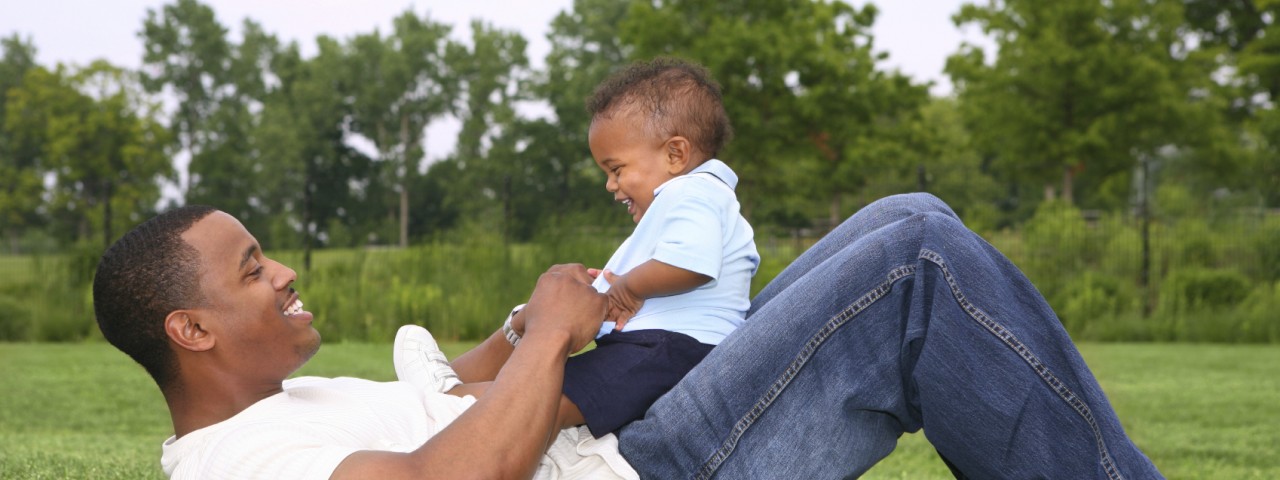Family Resolutions for 2013: Building Better Brains!
- Tweet

As we learned in the research section, many events occur in a baby's brain during their first three years. This early development is essential for long-term growth and wellness, and needs the positive investment of parents for optimal outcomes. We have talked in the past of parents being their child's first teacher, and we are going to learn in the coming months how this applies to so much more than the necessary lessons of language, shapes and colors, and other things we associate with school. The truth is every experience in the early years is a learning experience that can strengthen a baby's brain. Wellness in early childhood involves making the most of these early lessons from encouraging activity and exploration; breastfeeding, providing healthy food options, and making regular doctor visits, to creating a safe, baby-friendly environment, surrounding your baby with positive praise, and early intervention when your baby is not meeting the expected developmental milestones.
The word "wellness" is heard often during the beginning of each year because new years resolution lists often include things like, lose a few pounds, eat healthier food, exercise more, get finances in order, strengthen spiritual beliefs, think more positively, take personal time, and learn better ways to cope with daily stress. When thinking about wellness and young children however, it is less about weight loss and financial decisions and more about positive experiences, healthy food, activity, and an invested family. These lead to the development of more and stronger brain pathways like we learned about in the research section. Baby wellness is about taking advantage of the unique time when babies' brains do the most growing, and surrounding them with more things that will strengthen the brain during that specific time.
Here is a small list of ten activities parents can do to promote the overall wellness of a young child. Although these may seem very basic, the implications and benefits of these activities' are remarkably influential for a child's developing brain.
- It may be the most basic thing, but expressing love to your child through your interaction and play supports healthy brain development and emotional wellness.
- Breastfeed your infant to encourage physical health as well as the sense of security and attachment that forms through this unique mother-child activity.
- Give healthy food options to your child. Consider fruits and vegetables at snack instead of the chips or cookies they may reach for.
- Encourage an active lifestyle. Things like putting on music for your baby to bounce around the living room, or clearing a safe place for them to run around, help to build healthy bodies and healthy brains.
- Make your child feel important and cared for by spending time playing at their eye level and seeing things from their perspective.
- Model helping others for your child, and praise your child's helping behaviors like joining you in doing chores and offering a toy to another child who is crying.
- Create a sense of safety in your home. Even newborn babies can sense stressful environments.
- Build a strong family where a child grows up with a sense of belonging to help them understand who they are and what they are capable of accomplishing.
- Accentuate the positive. For every correction or redirection your child needs, say 5 good things. A child who grows up in a positive environment will be better prepared to handle the challenges and adversity that are a natural part of life.
- Make wellness a family goal. Learn and try new things together.
In the upcoming editions of Research to Policy, the parenting sections will further explore why such activities are incredibly important and beneficial to small children. The most important phrase to remember, though, is parents are a child's first teacher, and the home is a child's first classroom. A great parent is a great teacher.
